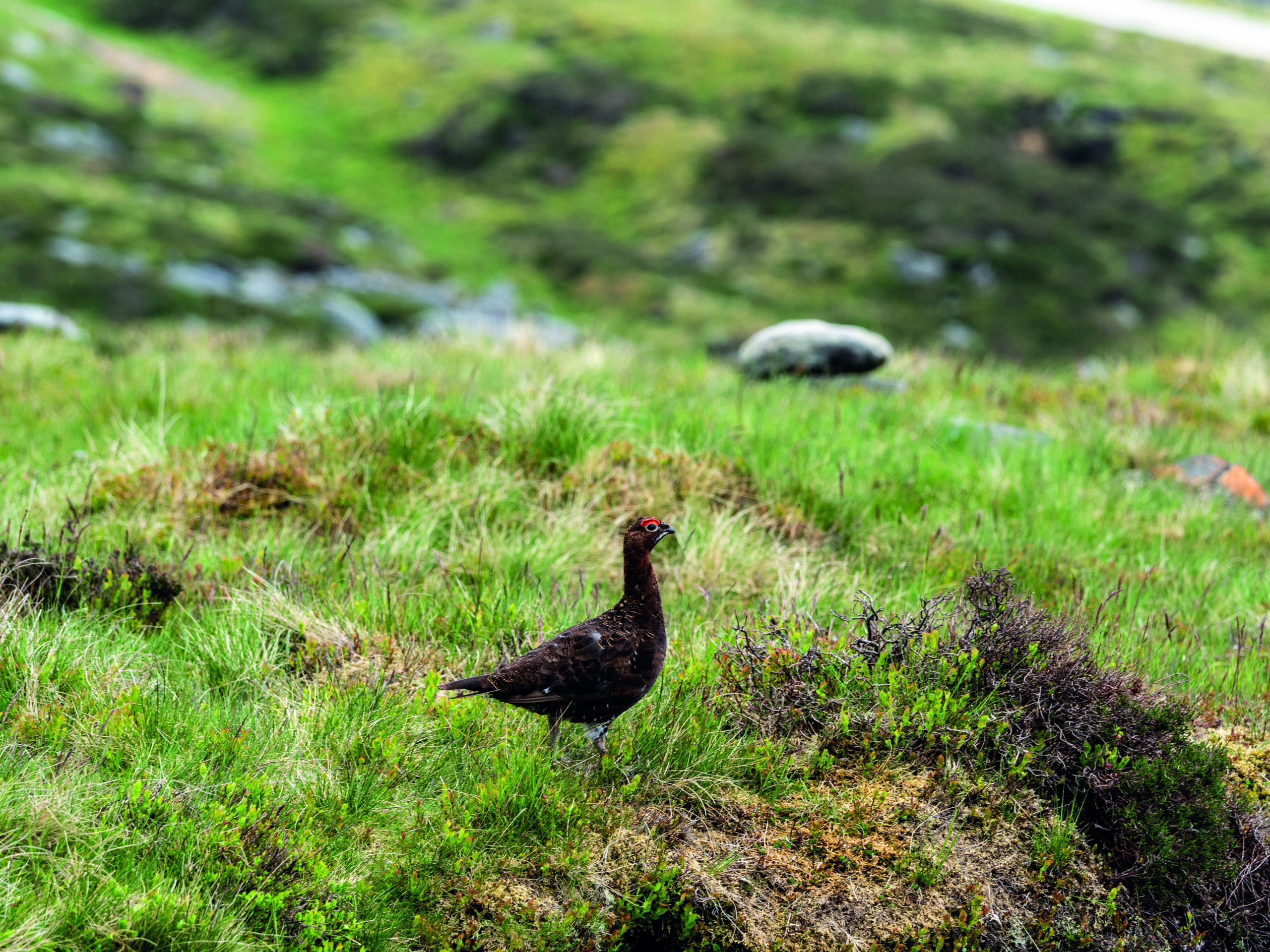Scottish licences should last at least 10 years, insists BASC
The shooting group presents a letter signed by 1,000 people to Scottish ministers, urging them to reconsider the grouse and Muirburn Bill.

More than 1,000 members have signed a letter from BASC to the Scottish parliament, requesting substantial amendments to the Wildlife Management and Muirburn (Scotland) Bill.
BASC, which is opposed to the implementation of grouse shooting and muirburn licences, is calling for their removal. It wants them to be replaced with, at minimum, a 10-year licence. Other amendments would include an overhaul of proposed government powers around suspending and revoking licences, as well as removing clauses that alter the definition of peatland.
BASC has also raised issues around the proposed powers allowing Scottish ministers to add further bird species to the red grouse shooting licence. And the letter calls for a compensation scheme for licence holders who have their suspended licence reinstated after a finding of no wrongdoing.
In its current form, it is argued that the bill threatens moorland management, farming practices, conservation efforts, hundreds of jobs and millions of pounds in economic value.
Peter Clark, BASC’s director of Scotland, told ST: “The letter signed by over 1,000 BASC members sends a strong message to MSPs ahead of the crucial vote on amendments. BASC has been consistently clear that the Wildlife Management and Muirburn (Scotland) Bill is unworkable and impractical for our members, many of whom are land managers and gamekeepers.
“It is vital that the amendments proposed by BASC around removing the disproportionate licence suspension powers and extending the licence duration be adopted,” he emphasised.
Upland keeper Lindsay Waddell, former chairman of the National Gamekeepers’ Organisation, added: “The sad fact surrounding most of what this bill, and others in the recent past, would seek to do is based on a complete lack of knowledge on behalf of legislators of just what the positive contribution management of the countryside contributes to the whole environment, economy and — despite what our detractors would say — biodiversity of the countryside.
“They are simply seeking to restrict management for the sake of it for no other reason than they as individuals don’t like it, based on what some would have them believe. Go into the glens and speak to the people who carry out the work, look for yourselves at what it produces, then go where it has ceased and see what’s left,” he urged.








